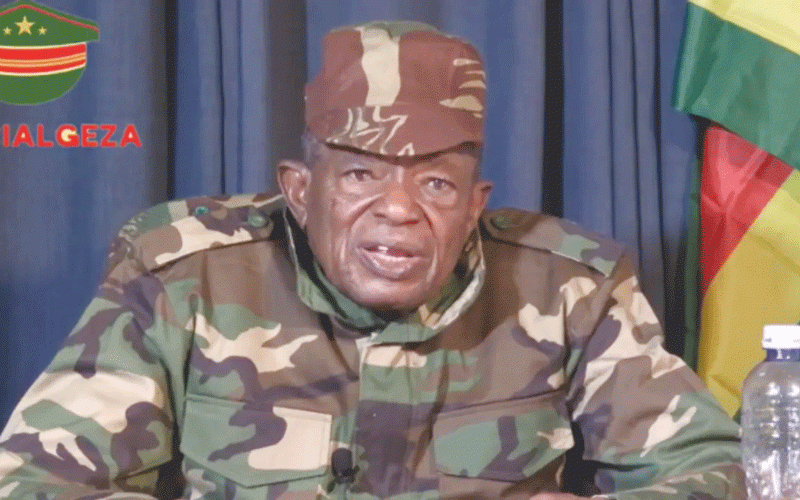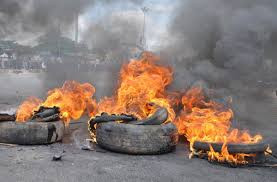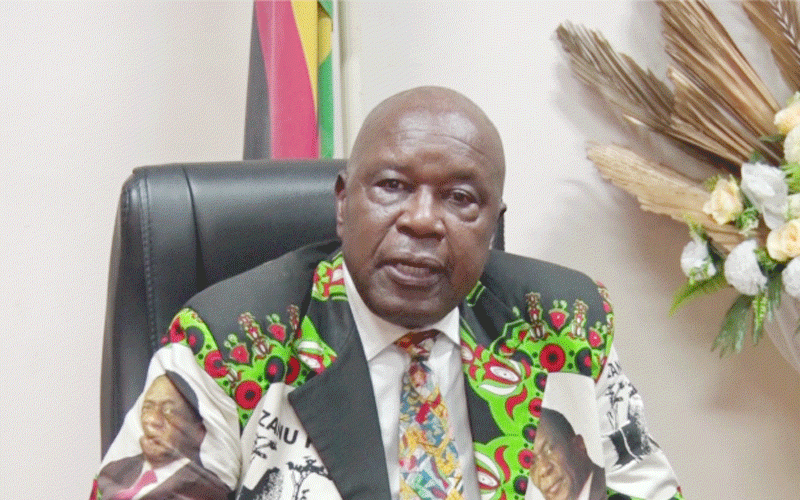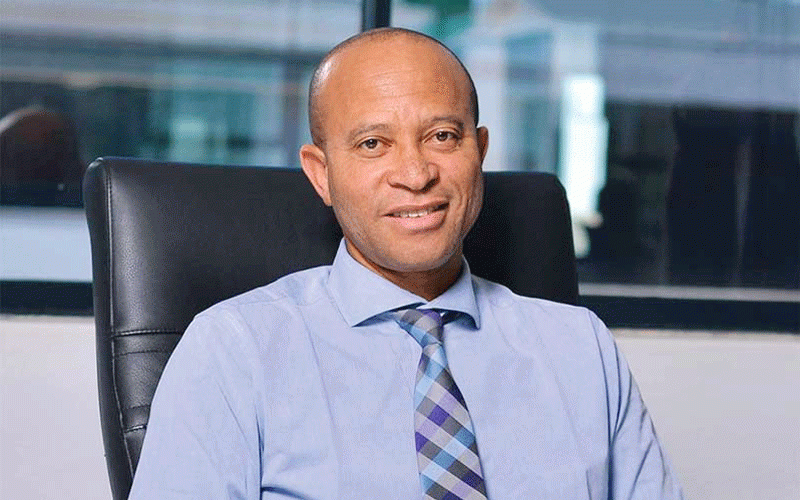BY NQOBANI NDLOVU
EXILED Zimbabwe People’s Revolutionary Army (ZPRA) ex-combatant and former dissident Vincent Ndlovu says they took up arms against former president Robert Mugabe’s government to protect themselves following an onslaughta by security forces.
Ndlovu, in his new book titled Seeking Freedom and Justice (Loyal but not Docile) under the chapter Seeking Refugee in Tsholotsho, explains in detail how government forces hounded ZPRA comrades out of the Zimbabwe National Army (ZNA) and the comfort of their homes, forcing them to set camp in the Tsholotsho bushes to escape torture and killings.
Despite being poorly resourced with firearms, Ndlovu said government forces, even with air support, were forced to retreat on several occasions after suffering humiliating defeats at the hands of the few dissidents.
“As much as we would have liked to enjoy the fruits of our independence, our loved ones, we had been driven back to the woods and pursued by armed men who would shoot first and ask questions later,” Ndlovu says in what could be the first published book by an ex-dissident.
“That we had been driven to the bush against our will left us with no option that being ex-ZPRA had become a crime and that invoked in us the spirit of resistance that raised the impetus to use the few arms and ammunition that we had to protect ourselves from total annihilation.
“Our initial group of seven had become the core around which the self defence initiative was built and within a month we had been able to repel a few attacks by the security forces.”
Ndlovu will next week present a public lecture under the topic: The Dissidents Story during the week-long Annual Healing and Reconciliation Film Festival organised by the Centre for Innovation and Technology (CITE).
The festival, which will run from October, 25 to 30, seeks to highlight the importance of transitional justice using film and academic lectures by experts in the area of history and genocidal studies.
This is part of CITE’s three-year project: Confronting the Past: National Healing, Reconciliation and Transitional Justice in Zimbabwe supported by the Netherlands Embassy.
“The first unit to have a go at us was the Police Support Unit whose attempts were very unsuccessful as we matched them man for man until they had to be withdrawn and replaced by Colonel Dyck’s paratroopers, who being boosted by air cover, came at us as if they wanted to prove a point, only to find themselves having to dig deep and forced to accept that we were no pushovers,” Ndlovu added.
“We did defend ourselves very efficiently whenever we were attacked and the government soon realised that it had created rivals but instead of owing up they had to use our situation as an excuse to get at Zapu.
“Each time there was a clash, helicopter gunships had to be called in because they had to learn the hard way that even if we did not have much ammunition, on the ground, we could be stubborn when provoked.”
Ndlovu argued this was also the reason Mugabe deployed a North Korean trained brigade to Midlands and Matabeleland to allegedly fight the dissidents.
An estimated 20 000 civilians lost their lives with researchers arguing that the killings were deliberate to create a one party state as the majority of the victims were supporters of the opposition Zapu and Ndebeles.
“I need not over emphasise the fact that the unfortunate episode had nothing to do with Zapu as an organisation but everything to do with personal security and the survival of each of us, which had circumstantially brought us together as a group of victims targeted for assumed allegiance,” Ndlovu said.
“I would like to state that had Zapu as an organisation had not taken a deliberate decision to react to the assault as is alleged by its detractors, I am pretty sure the outcome and indeed narrative would be totally different though such presumption is better left to history to judge.”
Mugabe also claimed huge amounts of arms had been uncovered on farms owned by Zapu and the ZPRA to be used to overthrow his government to justify the deployment of the Fifth Brigade.
After the ‘discovery’ of the weapons, Mugabe fired the late vice president Joshua Nkomo, Josiah Chinamano and Joseph Msika (both late), transport minister and natural resources ministers respectively from government on charges of plotting to overthrow him, culminating in the massacres.
According to late Zapu president Dumiso Dabengwa, the dissidents numbered less than 50 disgruntled ZPRA guerrillas that were frustrated by Mugabe’s harassment of Zapu members.
Mugabe never accepted the blame for the Gukurahundi, only describing the period as a moment of madness — an ambivalent statement – but release of historical documents and interviews with former ZPRA members sheds light on those responsible.





